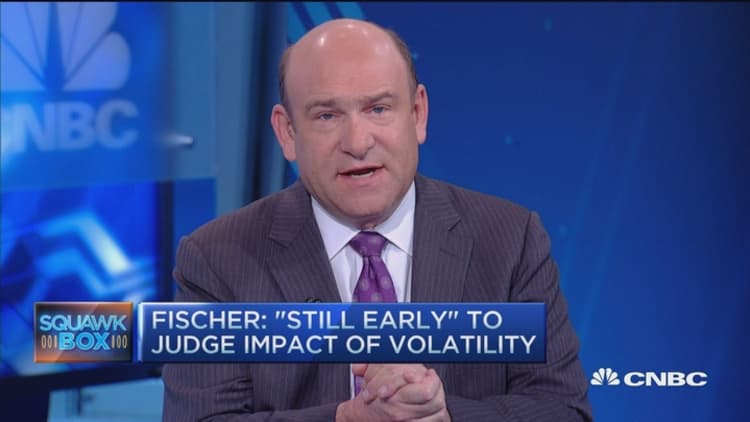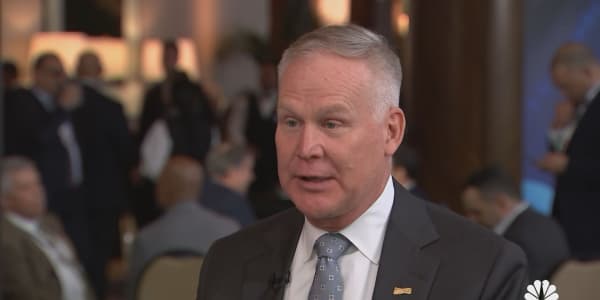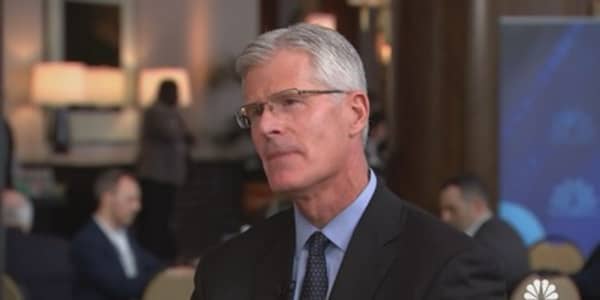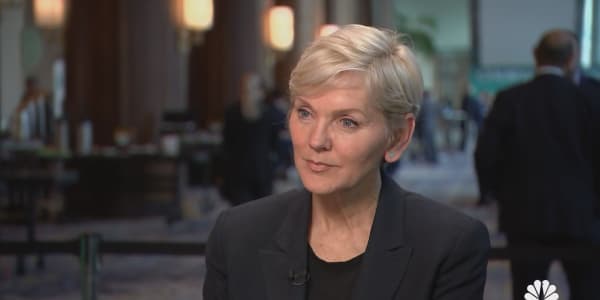
Fed Vice Chairman Stanley Fischer said Fed officials " simply do not know" what course of action they will take at their next meeting three weeks from now, and it is too early to assess the impact of market volatility.
"If the recent financial market developments lead to a sustained tightening of financial conditions, they could signal a slowing in the global economy that could affect growth and inflation in the United States," Fischer said.
"But we have seen similar periods of volatility in recent years--including in the second half of 2011--that have left little visible imprint on the economy, and it is still early to judge the ramifications of the increased market volatility of the first seven weeks of 2016."
Fischer said the Fed is looking at negative rates although there were no plans to use them.
"We're looking at it and I can tell you we have no plans to do it at present and I think we're some ways away from that. You look at things, you study them, and you ask how they work. One way they work is they do not impose negative rates on small retail customers."
The Bank of Japan unexpectedly slashed interest rates below zero in January, joining a small group of central banks that includes the European Central Bank that charge lenders for the privilege of parking their excess funds.
Speaking to the energy industry at the annual IHS CERAWeek conference—an audience very interested in oil prices—Fischer noted that the core consumer price index has risen above the 2 percent threshold over the past 12 months, although the Fed's preferred inflation measure PCE has not.
"However…further declines in oil prices suggest that total inflation will likely remain low for somewhat longer than had been previously expected before moving back to 2 percent," he said.
Fischer said falling oil prices have not impacted gross domestic product (GDP) or spending to the extent expected.
"If you look narrowly at consumer spending it's gone up and you can see consumer spending has been sustained at a higher level because of the decline in oil prices," said Fischer.

He added that US has been hurt now because it's a supplier of oil and noted that the benefit of falling oil prices will be seen once prices stabilize.
Fischer addressed both sides of the Fed mandate, inflation and employment, noting the labor market is strong.
Fischer stressed that the Fed is data dependent when making policy decisions. The Fed has forecast four rate hikes this year, while markets are not pricing in any. Economists expect three or fewer rate increases.
Fischer also pointed to recent testimony from Fed Chair Janet Yellen who said that the Fed will be careful not to jump to premature conclusions about the impact of global financial developments on the U.S. economy.
But Fischer said spending indicators in January point to a pickup in economic growth this quarter. He also noted that the 12-month change in average hourly earnings has moved up and was at 2.5 percent in January.
Fischer also said there is a chance unemployment could overshoot Fed members' median view of 4.7 percent, with unemployment currently slightly below 5 percent.
"Nonetheless, a persistent large overshoot of our employment mandate would risk an undesirable rise in inflation that might require a relatively abrupt policy tightening, which could inadvertently push the economy into recession. Monetary policy should aim to avoid such risks and keep the expansion on a sustainable track," he said.
Fischer discussed the selloff in markets and said it likely reflects concerns about global growth particularly in China and the effects of the declines in oil and other commodities on exporting nations. The decline in asset prices may also reflect a reassessment of prospects for growth in Europe and Japan, and possibly recognition that U.S. growth and productivity are "stubbornly low."
Fischer also said Fed policy remains accommodative and that there is some benefit to maintaining a large balance sheet "for a time."






